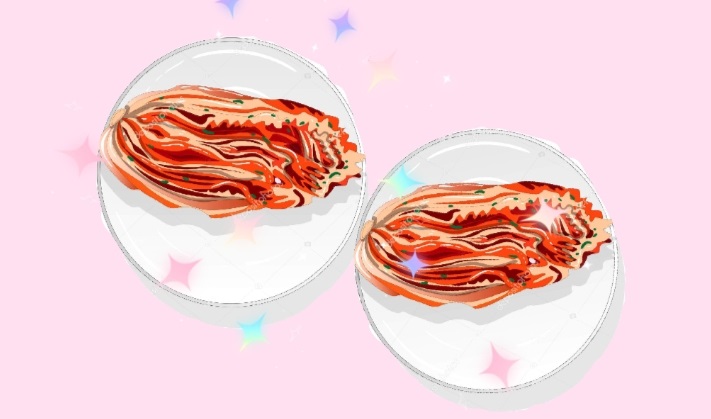- 한국어
- English
- 日本語
- 中文
- العربية
- Español
- Français
- Deutsch
- Pусский
- Tiếng Việt
- Indonesian
By Honorary Reporter Yulia Asqia Putri from Indonesia
Photo = Yulia Asqia Putri

The following Korean foods can be eaten for Iftar, the evening meal for Muslims to break fast during Ramadan. They are both easy to make at home and definitely halal.

Kimchi
The high popularity of Korean dramas in Indonesia has raised demand for kimchi. Getting kimchi isn't hard in major Indonesian cities given its high availability. But for those living in more remote areas, the condiment isn't hard to make at home.

Hotteok
This sweet bun or pancake made from sticky rice flour is also easy to make at home. Just search for recipes on the internet or how-to videos on YouTube.

Gimbap
This food is highly suitable to be on an Iftar menu because of its practical and nutritious nature. Buying this in major Indonesian cities is easy given its wide availability at Korean restaurants or cafes. For those living in more remote areas where gimbap isn't so readily available, making it at home is easy and getting the ingredients is, too.

Tteokbokki

Japchae
This welcome addition to Iftar is easily made at home. Mixed with vegetables and meat, this dish is a highly nutritious meal after a full day of fasting.
enny0611@korea.kr
*This article is written by a Korea.net Honorary Reporter. Our group of Honorary Reporters are from all around the world, and they share with Korea.net their love and passion for all things Korean.